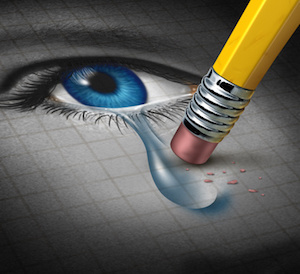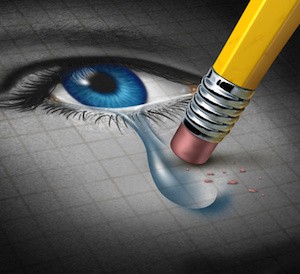During Mental Health Awareness Week, make contact. Depression, anxiety and other mental health issues do not discriminate – they can affect anyone, even if people who seem outwardly bright and happy.
Mental health issues cannot necessarily be managed alone, and it is not as simple as ‘snapping out of it.’ Patience and compassion are essential, as is professional help.
Reach out to friends or family members who you suspect may be struggling, or ask your GP for advice. Encourage them to seek professional help. Illness is illness, whether its symptoms come with a bandage or not.
As with all illnesses, there are things that sufferers can do to help themselves. If you are experiencing symptoms yourself, or supporting someone else, gently encourage the following:
Get plenty of rest – it is difficult for anyone, no matter what their mental state, to function effectively when they are sleep deprived. Establish a routine bed time, and foster good sleep habits by limiting alcohol, caffeine and screen time, keeping the bedroom a consistent temperature and having a relaxing pre-bed routine, for example. Note that people suffering from depression often want to sleep an excessive amount, so check with your GP about a healthy amount of sleep to aim for.
Make a plan – if certain situations trigger anxiety and depression, make a plan to exit them safely and effectively. That may mean physically removing yourself, or taking a moment to look at photographs which invoke a happy or relaxed state, practicing a quick meditation or making a phone call.
A walk in the sun or other form of exercise is a great way to elevate your mood and refocus, or simply sit and enjoy a cup of tea and daydream for a moment.
Eating small meals often can do wonders for stabilising your mood. Try eating smaller portions every 2-3 hours with foods that contain protein. Try and limit excessive sugar, caffeine or processed foods.
Have a ‘person’ – talking helps, even if it is just about ‘nothing.’ Establish a code word with a friend or relative that lets them know you need company. Or, in a calm moment, it might be a good idea to write down a wee ‘mantra’ (even something as simple as: I am calm, I am safe, I breathe normally and this shall pass), which you can refer to if you can’t immediately contact a support person.
For more in depth assistance, seek a counsellor with whom you feel comfortable. Your GP will be able to refer you and may be able to prescribe medication to help, even short term. Never combine natural remedies with prescription medication without professional advice, and don’t self-diagnose!










Join the Discussion
Type out your comment here:
You must be logged in to post a comment.